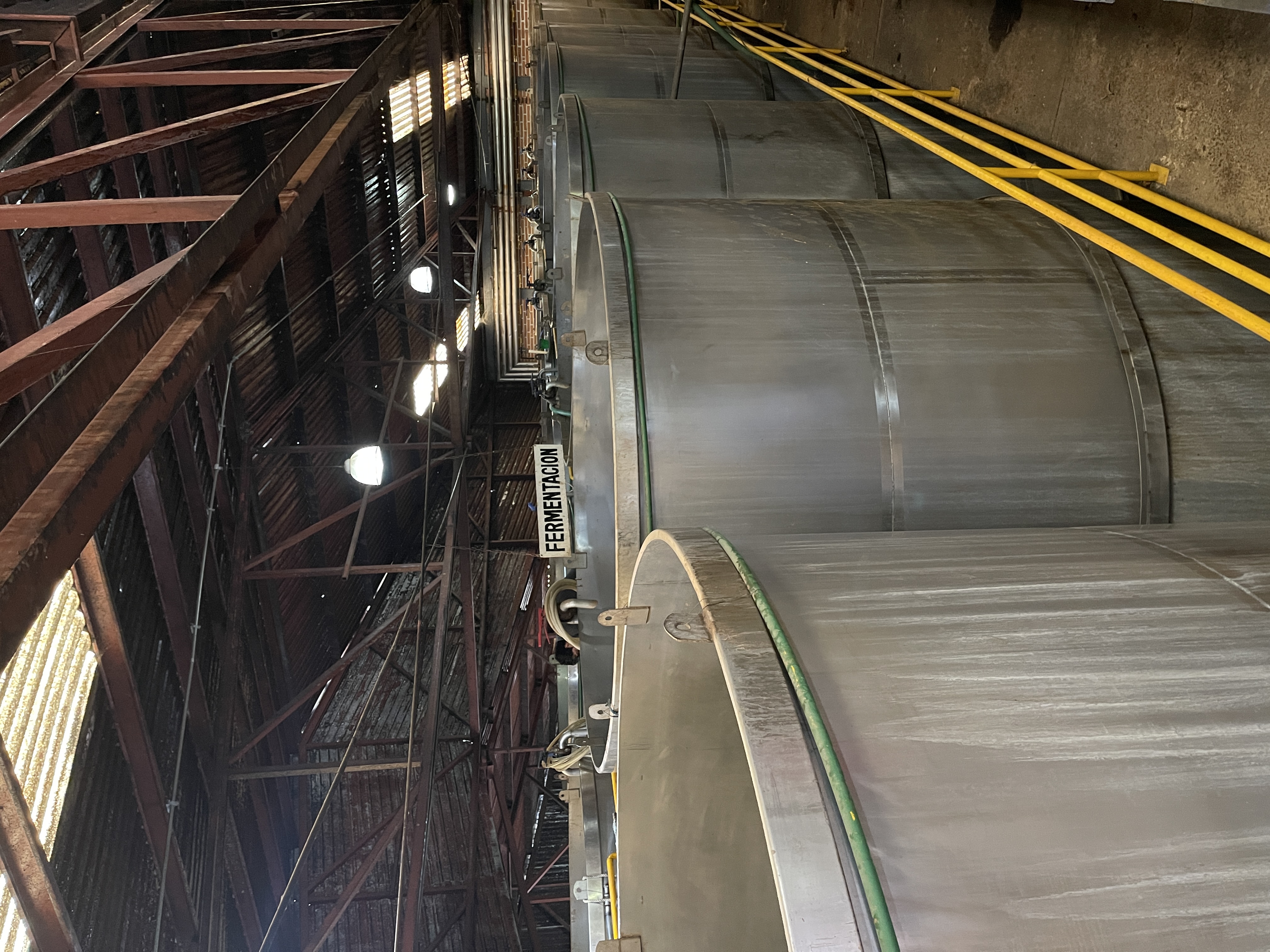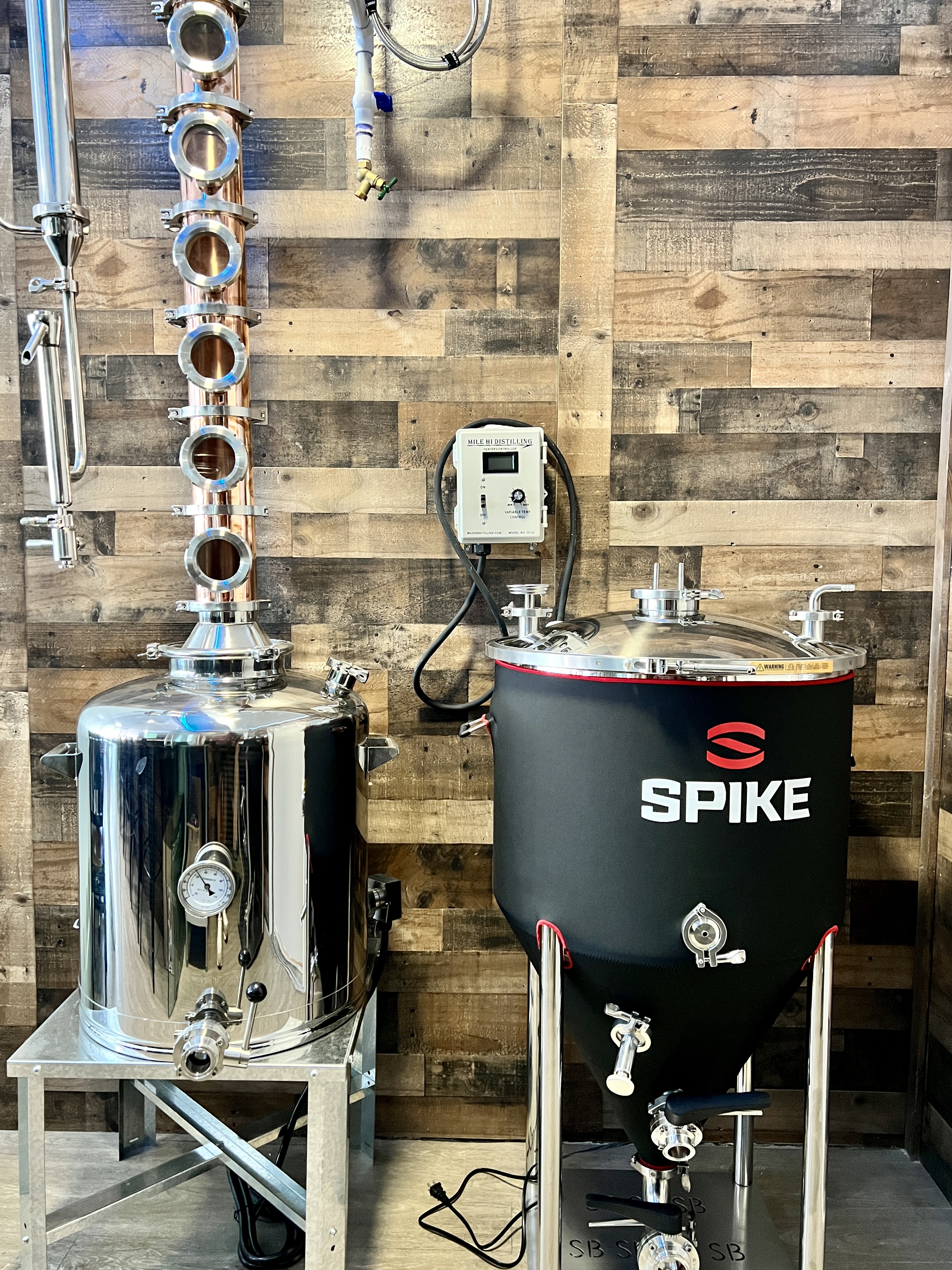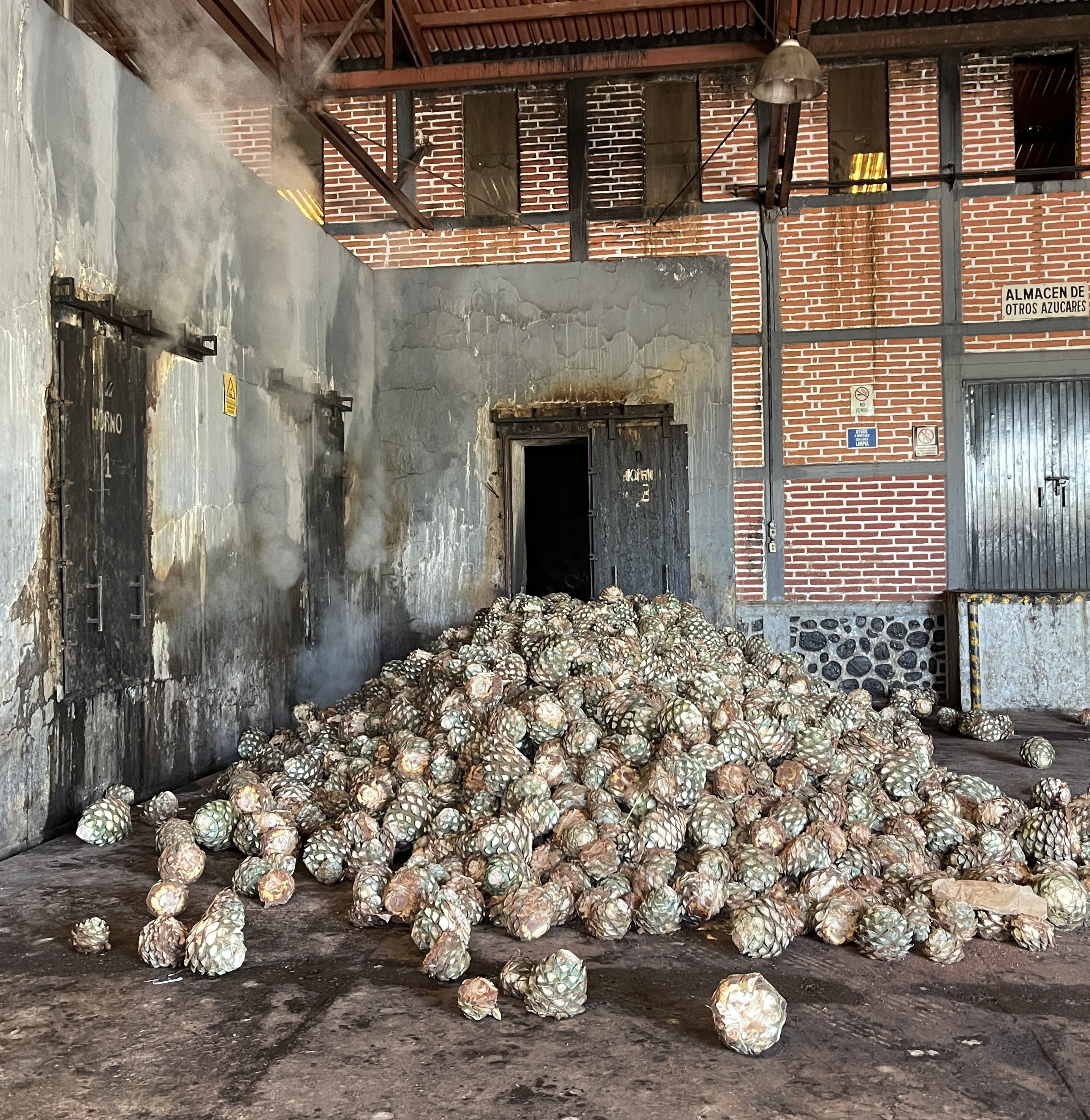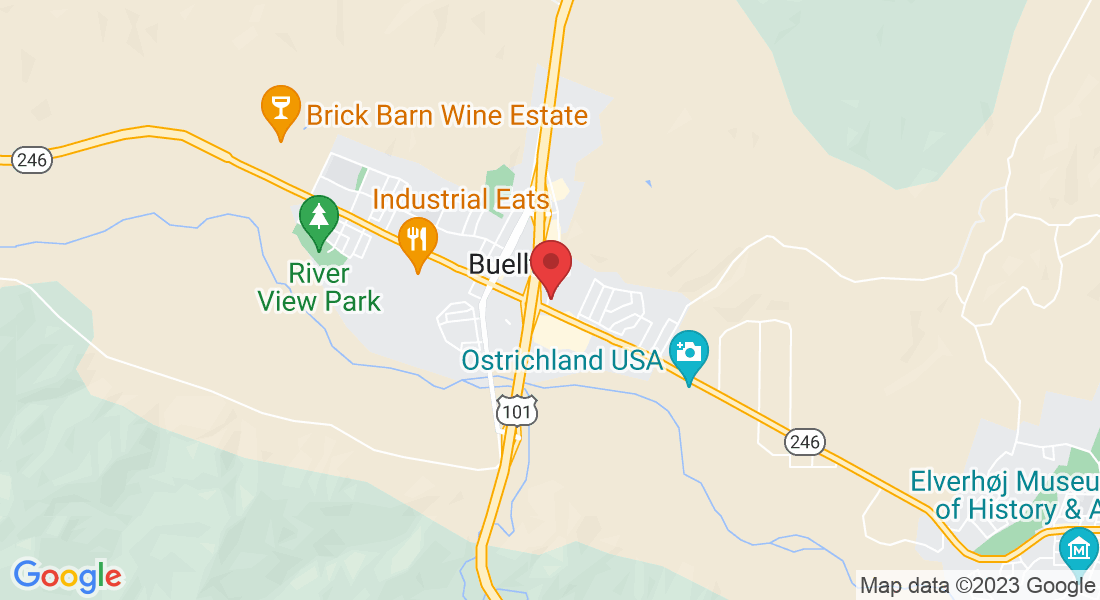Distillery
Distillery
Tastings
At California Tacos Cantina and Distillery, we produce our own 100% agave at each of our three locations. If you've ever been to Mexico and tasted tequila made from 100 percent agave, you know not only how amazing it is but also how difficult it can be to find the time or money to travel. Now, you can experience our delicious range of flavors right here in California.
We have a wide selection of agave for you to try. Not only can you taste these delicious drinks—but you can also enjoy our full menu of Mexican food. We have everything from tacos to enchiladas, burritos, and burritos to various seafood options. Whether you're looking for a fun night out with friends or want something tasty for dinner tonight, we've got something for everyone!
What is the difference between Agave spirit and tequila?
There is one simple explanation for the absence of American-made tequila: To be legally classified as tequila, a spirit must be produced in Jalisco or specific areas of the Mexican states of Guanajuato, Michoacán, Nayarit, and Tamaulipas. However, tequila must also be made from blue agave, which grows in the Southwest United States, meaning that American distillers can produce their agave spirit equivalent to tequila.
DISCOVER THE DISTILLATION PROCESS
One thing all agave spirits have in common is a unique recipe. They are all the result of carefully designed methods that have been tested and refined over generations. Despite some similarities in production methods, each spirit is made using a distinct technique.
Cooking the Agave
Once harvested, the piña is baked or steam-cooked in an oven, which can be built underground or above ground. The piñas are frequently cooked in stone ovens built above ground for 100% agave tequila. However, different methods of cooking agave have been approved, including the use of autoclaves and diffusers.
Extraction
After baking is complete, the plant's sweet juices must be extracted using mechanical shredders that help separate the agave fibers and collect the juice for fermentation. The agave shredders are reminiscent of those used to mill sugar cane for the production of rum.
Fermentation
Just like any other distilled spirit, the process of fermentation is vital to the final product. During this process, the collected agave nectar is added to fermentation tanks with water and yeast to convert the sugar into alcohol. The complete fermentation process typically takes two to five days and requires either wood or stainless-steel fermentation tanks and a strict ratio of water to sugar.
Distilling
Once fermentation is complete, the fermented mosto (or wash) is typically 4-10% alcohol, and the goal is to distill it to a concentration of 55%. To do so, the mosto is added to the vessels and boiled before the alcohol vapor is captured by the condenser and collected. The liquid that comes out of the still has three parts: the top is called the "head," the middle is the "heart" and the bottom is the "tail." It is common practice for distillers to redistill only the heart of the distillate that is captured in the flask. Most distillers throw away the heads and tails because these hold the majority of the impurities. Thus, the heart has the best liquor. After the final distillation, the head and tail are removed, and the heart is sent on to barreling or bottling.











